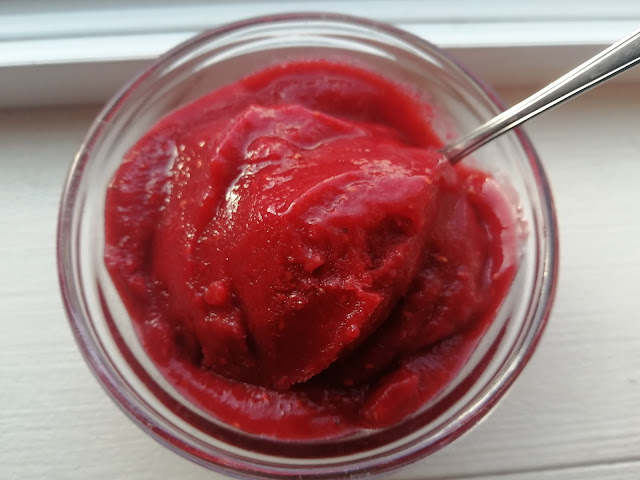Get Dirty For OCD

Logo by @rev.er.ies Hey everyone! I am super stoked to announce the launch of my very first social media campaign and online challenge, as part of Mental Health Awareness Month : The #GetDirtyForOCD Awareness Challenge! I've been living with Obsessive-Compulsive Disorder (OCD) for most of my life and I'm intimately aware of the great need in this world for more awareness, understanding, compassion, support and resources for those affected by this condition. My hope is that, through this campaign, we can spread that awareness and make the world a better place for those with OCD and their loved ones. I've included the guidelines and info for participating in this challenge below! Join the Challenge! Join the #GetDirtyForOCD Awareness Challenge and help spread awareness about Obsessive-Compulsive Disorder (OCD)! OCD can make life and everyday tasks feel pretty messy - and, for some, getting dirty or messy is triggering and distressing, to put it mildly. ...





